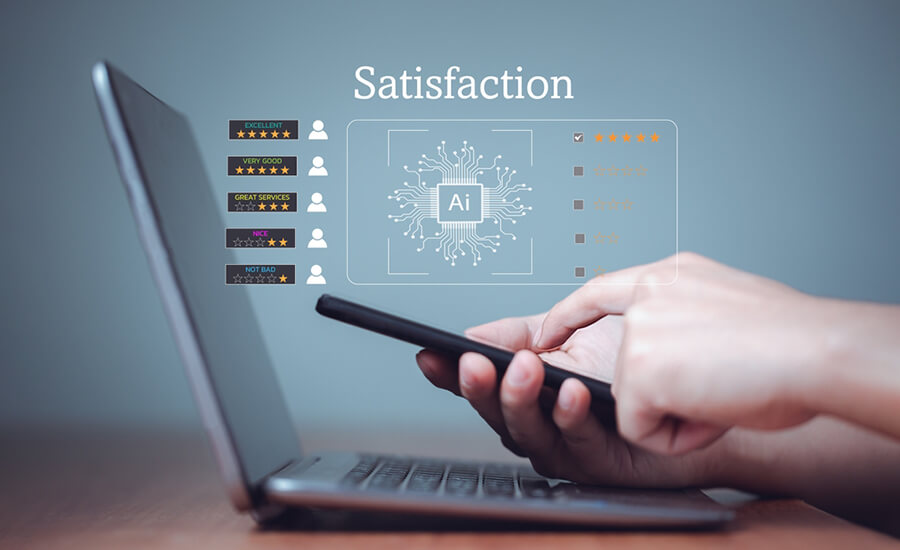Artificial Intelligence (AI) is no longer a distant, futuristic concept; it’s here, transforming our world in unimaginable ways. While the conversation around AI often revolves around its implications for industries like finance, healthcare, and transportation, another significant perspective to consider is AI’s role in promoting social good.
AI for social good refers to the use of AI technologies in initiatives aimed at addressing societal challenges, improving human welfare, and creating a more equitable, inclusive world. The potential of AI in this realm is vast, spanning various sectors and addressing numerous issues. Let’s explore some of these opportunities and the initiatives paving the way.
In the realm of healthcare, AI has the potential to democratize access to medical services, particularly in underserved areas. Telemedicine apps powered by AI can provide crucial health advice and diagnostics to people who might otherwise struggle to access healthcare. Projects like Google’s AI for Social Good program are utilizing AI to predict the onset of conditions like diabetic retinopathy and cardiovascular disease, potentially saving millions of lives.
When it comes to environmental sustainability, AI is a game changer. It can analyze and predict environmental patterns, helping us to understand the impacts of climate change better and inform policy decisions. Microsoft’s AI for Earth initiative is one such example, providing grants to projects that leverage AI to protect the planet.
In education, AI offers possibilities for personalized learning, adapting educational content to each learner’s needs and pace, thereby promoting inclusivity and equity in education. Initiatives like the AI for All program are working to broaden access and diversity in AI education, preparing the next generation of AI leaders.
Moreover, AI can assist in disaster response and humanitarian aid, predicting natural disasters, optimizing aid distribution, and even locating missing persons in the aftermath of a disaster. The AI for Good Foundation is one such organization promoting AI research and applications to tackle global challenges like these.
While these opportunities are significant, it’s essential to remember that AI for social good isn’t without its challenges. Bias in AI systems, issues of privacy, and the digital divide are all pressing concerns that need to be addressed to ensure the benefits of AI reach those who need it most.
A truly human worldview requires us to navigate these challenges with thoughtfulness and empathy. We must prioritize transparency, fairness, and inclusivity in our AI systems, making sure they serve humanity as a whole rather than a privileged few.


AI for social good goes beyond technology; it’s about harnessing the spirit of human ingenuity and compassion. It’s a collective endeavor, requiring collaboration between AI experts, social scientists, policymakers, and communities. Together, we can shape an AI-infused future that is not just smart, but also wise, kind, and committed to the common good.
In this endeavor, we are not just code-makers but also change-makers, wielding the power of AI to make a real difference in our world. As we journey into this AI-enabled future, let us carry with us a vision of technology that amplifies human dignity, fairness, and wellbeing, using AI not just for profit, but for people and the planet.

